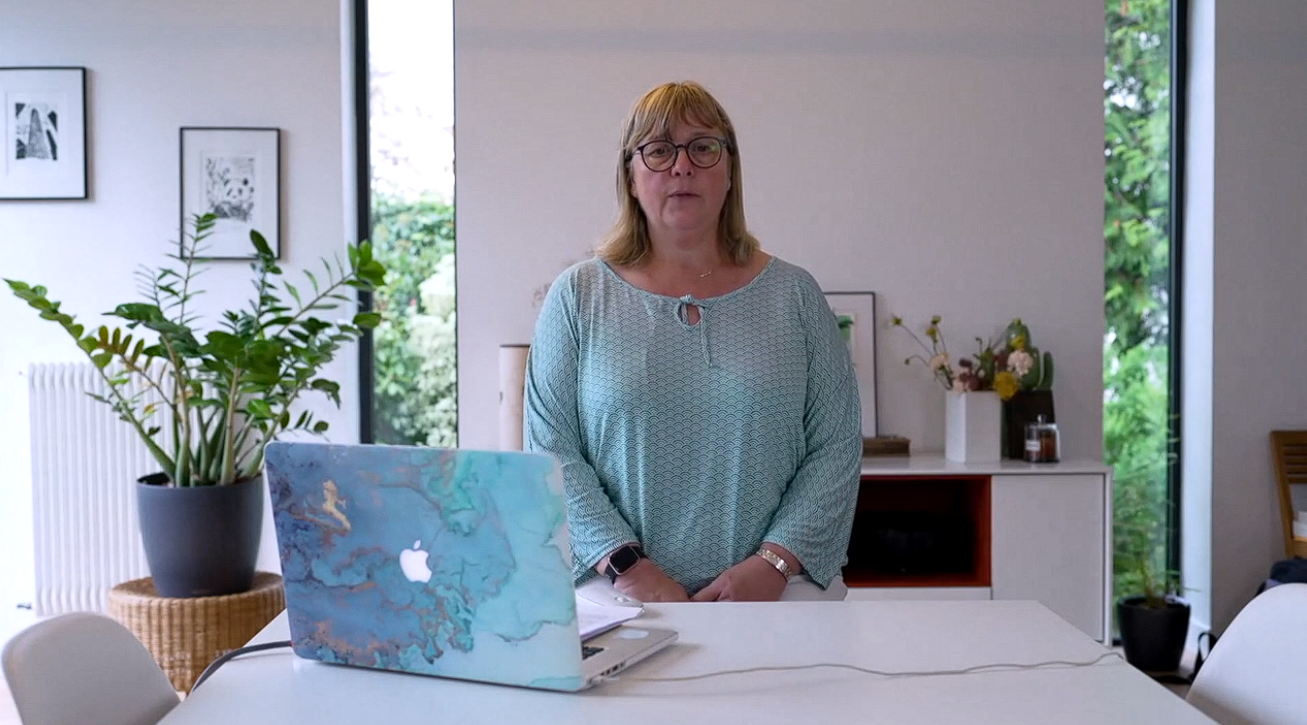🔷 Overview
Aimed at all healthcare professionals, this training covers the main principles of risk management, based on prevention, recovery, and damage mitigation.
Participants will discover how and why to establish lessons learned approaches to ensure safe, ethical and quality care.
🔷 Description
Pre-requisites:
- Be a healthcare system professional
Duration:
- 1 hour 15 minutes independently
- 1 hour in a group (videoconference debriefing)
HAS certification criteria:
- Criterion 3.1-04: The hospital promotes a culture of reporting adverse events, including near misses.
- Criterion 3.2-04: The hospital trains its professionals in risk management using healthcare simulation tools.
🔷 Strengths
- Raising awareness of medical error prevention through the prism of the high-reliability organization model.
- Filmed interview with Nathalie Robinson, Nurse Anesthetist supervisor and risk management expert.
- Mixed format, combining individual reflection and collective debriefing.
🔷 Program
PART 1: autonomous, asynchronous
- Introduction totraining
- Pre-test (positioning test)
- Interactive training: dynamic video
- What is an error? (SRK model).
- Understand the decision-making process to better comprehend errors.
- Identify prevention strategies to adopt according to the type of errors.
- Expand understanding of the concept of safety to effectively prevent the risk of error: the three dominant safety models.
- Identify the principles of a high-reliability organization.
- Adopt the correct posture in the event of an incident.
- Summary of key elements
- Identify the cognitive biases at play depending on the context, to prevent the risk of error.
- Adapt your strategy:
- Primary prevention: training and engineering of medical devices.
- Secondary prevention: cultivating a reporting culture.
- Tertiary prevention: delivering news of a serious event to the patient's family using the CANDOR method.
- Post-test (measuring progress and validating skills) & Action plan
- Training assessment
PART 2: collective, videoconference debriefing
- Video-simulation debriefing with a team work expert
- Identify discrepancies between professional practice and best practices to improve patient care.
- Identify individual and team areas for improvement.
- Establish an individual and collective action plan to strengthen teamwork.
Our offers:
In-house training session:
Price valid for one professional, group of 10 learners. Grants access to a course for a group of 10 learners + team debriefing at the end of the training. The individual price displayed will be adjusted according to the number of learners for a group larger or smaller than 10.
Individual license:
Annual subscription, grants access to the entire catalog to one person (individual access).





